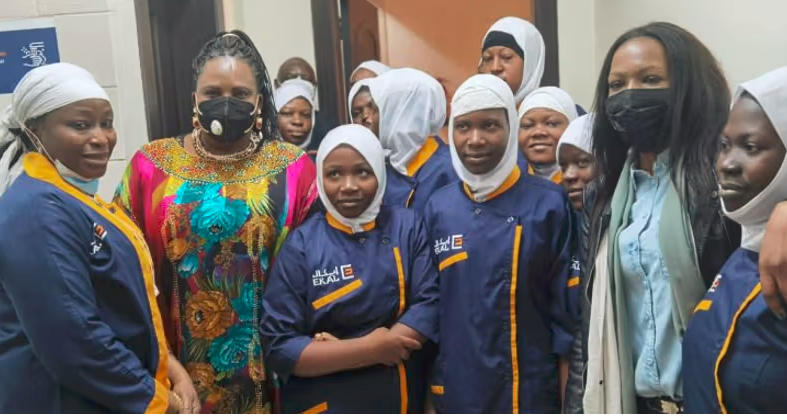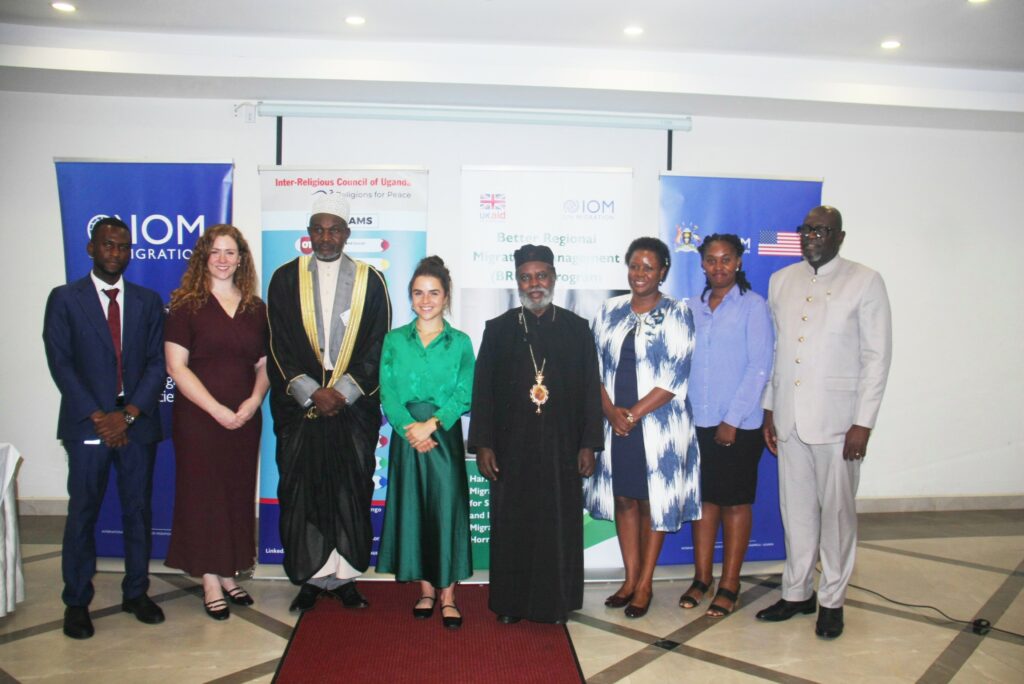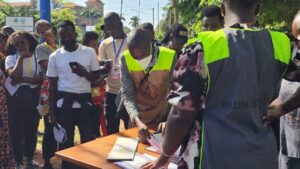
As Uganda’s earnings from labour exports continue to soar, with the recent statistics from the Ministry of Gender, Labour and Social Development standing at more than 60% of the Shs24.5 billion revenue generated came in 2022, concerns on how Ugandans leave the country seeking for jobs and the aftermath of what befalls some of them continue to draw attention of many humanitarians.
In 2023, the Ministry registered 868 complaints from Ugandan migrant workers abroad, who were hoodwinked by what they call registered labour export companies, only to find that what they sighed for on leaving the country was never the case to their promised work stations abroad.
In the last two years at least 120,459 migrant workers left Uganda in search of employment, majority of whom were women at 77.5% (109,773), compared to their male counterparts who were 10,686.
The Ministry reveals that, in 2021 alone, 84,879 Ugandans left the country I search for jobs, with the majority going to Saudi Arabia (75,873), Qatar (3,991), and UAE (3,368).
In a country of approximately 45 million people, the exportation of labor that is being looked at as a relief by government to massively reduce the unemployment rate for the youth, should not have been a problem but the indistinguishable ways of recruiting and inhumane treatment has forced organizations like the UN International Organization for Migration (UN-IOM), and United Kingdom Agency for International Development (UKAID),through their Better Regional Migration Management program, to step-up and partner with the Inter-Religious Council of Uganda to find solutions to distressed labour migrants from Uganda.
In the three days’ engagement saw the inter – Religious Council of Uganda come out with 16 recommendations on how to enhance ethical recruitment and protection of migrant workers from Uganda, key amongst those include;
Having dialogues with recruiting agencies so that they are humane and provide services for which they are accredited to and encourage them to open up employment contracts to improve on their levels of transparency.
Calling upon the government to put in place a special emergency Fund under the Ministry of Gender, Labor and Social Development to support migrant workers that are in distress either due to abuse, civil conflict or during catastrophes.
Continuously engaging government to implement and enforce the various policies, laws and bilateral agreements that are in place to ensure full protection and availability of consular services for migrant workers from Uganda.
Calling upon all religious leaders to provide safe spaces particularly at places of worship to serve as centers of information on the right pathways towards safe migration for young people intending to migrate and using their structure of the youth interfaith network and the women of faith, for capacity building to support the young people who intend or are in the process of leaving the country for migrant work.

The UN IOM assistant programs officer Victoria Vany Nabiteeko said they saw it fit to have this step ahead into trying to guide labour migrants, with the religious leaders, because they believe these have not only got bigger audiences but their word is trusted.
“Who has the bigger masses? – the churches, the mosques. Who do people believe in most? – the Pastors, their Bishops, the Fathers, their Imams ……. We have found out that every weekend, Friday, Saturday, Sunday, the religious leaders speak to about 20million, so if they can send out this message right, people will make informed decisions”, explained Nabiteeko.
His Eminence Metropolitan Jeroynmos Muzeeyi, from the Orthodox Church and the Metropolitan of the Holy Metropolis, noted that they are now in a better position to create awareness on the ethical recruitment of labour migrants and carry out psychosocial support to returning migrants and enhance policy influence for better migration laws and regulations.
Head of the IOM mission in Uganda, Al-Hajj Mohammad Sanusi Tejan Savage has confidence that the journey started on will yield fruits, citing Uganda’s renowned efforts in containing HIV/AIDS
“Many years ago, Uganda became famous all over the world for being able to arrest or contain the HIV/Aids Infection rates. I heard that President Museveni was a big part of that war. Yet I have been told that Religious Leaders like you also played a crucial Role – By preaching the message of Life and Safe Lifestyles to people in your churches and mosques. I believe you played that role because the lives of your faithful were in great danger – My esteemed religious leaders, I would like to invite you to agree with us that EVEN IN THIS MATTER OF UNSAFE LABOUR MIGRATION, Lives are stake”, averred Tejan.
Tejan pledged that the Mission will this year, with put in more vigor into marking the International Migrants Day that falls every 18th. December and this year’s theme is; ‘Acknowledging and Celebrating the Diversity of Migrant Communities Worldwide’, putting emphasis on the importance of upholding the rights and dignity of all migrants and refugees, regardless of their backgrounds or reasons for migration.







